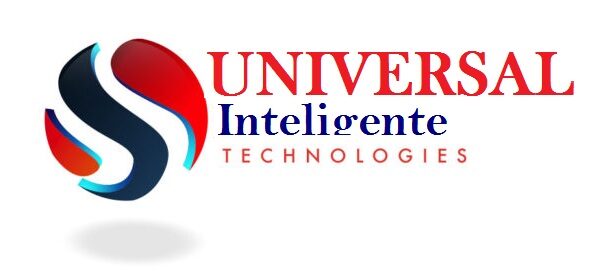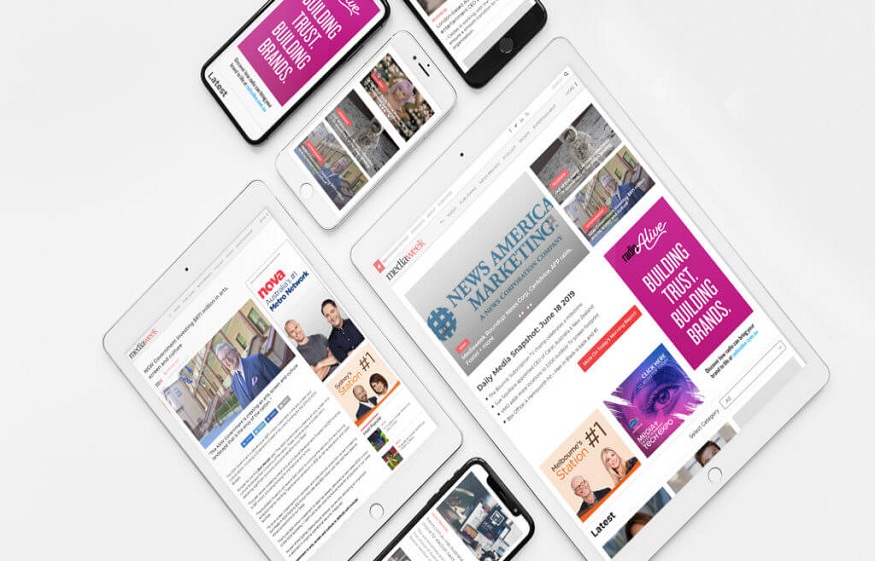In today’s digital-first world, media companies face immense pressure to produce and distribute content quickly, efficiently, and consistently. Managing multiple formats such as articles, videos, and social media posts can quickly become overwhelming without the right tools. That’s why adopting a specialized cms for media companies is critical for modern publishing operations.
A media-focused CMS helps streamline workflows, improve collaboration, and maintain a consistent brand presence across platforms. This article outlines the main advantages of using a CMS designed for media companies and the features every organization should prioritize.
Why Media Companies Need a CMS
Unlike standard websites, media organizations require a platform that can manage large volumes of diverse content efficiently. Key reasons a dedicated CMS is essential include:
- Centralized Content Management – Organize articles, videos, images, and other media in a single platform.
- Optimized Workflows – Automate editorial processes such as approvals, scheduling, and notifications.
- Multi-Channel Distribution – Publish content simultaneously across websites, mobile apps, newsletters, and social media.
- Analytics & Insights – Track engagement metrics, audience behavior, and content performance for informed decision-making.
A CMS built for media ensures teams can focus on content creation rather than spending excessive time on administrative or technical tasks.
Important Features to Look For
When choosing a CMS for your media organization, consider these features:
- Ease of Use
The platform should allow editors, writers, and contributors to create, edit, and publish content without advanced technical skills.
- Scalability
Your CMS should be able to grow with your organization, handling higher traffic, larger content libraries, and expanding teams.
- Workflow Customization
Flexible workflows allow teams to automate approvals, manage tasks efficiently, and maintain editorial standards.
- Integration Capabilities
The CMS should integrate seamlessly with analytics, marketing automation tools, social media platforms, and other essential software.
- Security and Compliance
Robust security features protect sensitive content, while compliance tools ensure adherence to privacy regulations.
Benefits of a Media-Focused CMS
Implementing the right CMS brings several advantages:
- Efficiency – Automated workflows reduce manual tasks and accelerate publishing.
- Collaboration – Teams can work together in real time, even remotely.
- Consistent Branding – Templates and style guides ensure content is uniform across channels.
- Rapid Publishing – Schedule and distribute content instantly across multiple platforms.
- Data-Driven Decisions – Analytics provide insights for optimizing content strategy.
A dedicated CMS enables media companies to increase productivity while reducing errors and inefficiencies.
Popular CMS Solutions for Media Companies
Several CMS platforms are specifically designed for media companies, offering advanced publishing workflows, multi-channel capabilities, and analytics integration. Choosing a platform that aligns with your company’s workflow, content volume, and growth plans ensures long-term efficiency and scalability.
Best Practices for Implementing a CMS
To maximize the benefits of a CMS, follow these steps:
- Assess Your Needs – Understand current workflows, content volume, and future growth expectations.
- Select the Right Platform – Compare features, pricing, and scalability options.
- Train Your Team – Ensure staff members are comfortable using the CMS effectively.
- Plan Content Migration – Transfer existing content carefully to avoid data loss or downtime.
- Monitor & Optimize – Use analytics and team feedback to continuously improve workflows and performance.
A thoughtful implementation strategy guarantees smooth adoption and long-term benefits.
Final Thoughts
A modern cms for media companies is essential for streamlining content management, improving collaboration, and distributing high-quality content across multiple channels. By centralizing content, automating workflows, and providing actionable insights, a media-focused CMS allows organizations to focus on producing content that engages audiences.
Investing in the right CMS today ensures efficiency, scalability, and consistency, positioning your media company for success in a competitive digital landscape.

